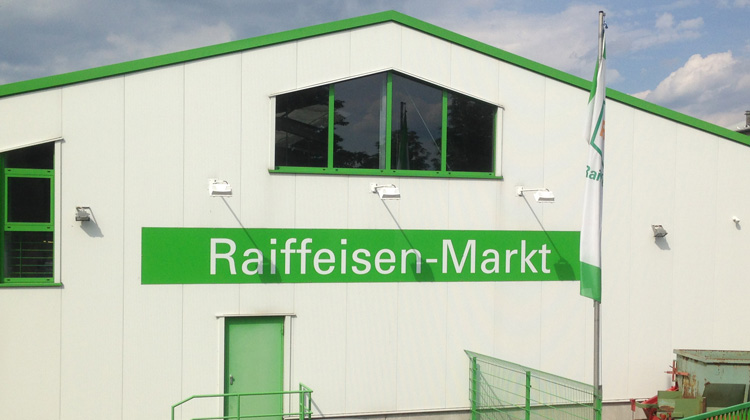
The origins of the idea of the cooperative date as far back as the 19th century. The cooperative principle, however, is just as current as ever. Democratic processes have been closely tied to cooperative participation since day one. Online elections can thus carry cooperative democracy into the 21st century.
Cooperative participation
“The cooperative notion is just as brand new today as it was 150 years ago. It had to be invented if it wasn’t invented already.” (Roman Herzog, former President of the Federal Republic of Germany)
The idea of a cooperative arose from an emergency situation in the early stages of industrialisation in the mid-19th century. At the time petty traders, craftspeople and peasants were confronted with the problem that they were largely being excluded from loans by the banks, as they almost always focused on financing industrial firms.
Those seeking loans could only jointly resolve this issue. They did this by joining together and supporting each other with financing, making them altogether creditable. The improvement in the economic situation resulted in the cooperative’s members, which consisted of individuals, compiling their power.
“Many can achieve what the individual cannot.” (Friedrich Wilhelm Raiffeisen)
The peculiarity of membership in a cooperative is that the members are proprietors, performance partners and decision makers in a personal union. For this reason, among the rights granted by membership is the right to co-administration (such as the right to vote and express one’s opinion).
Online voting: Co-op representation elections of the 21st century
Due to their drastically growing membership numbers, many cooperatives in the 20th century began to introduce representative meetings, in which the members were vicariously present through representatives. In the past, the postal ballot procedure was frequently used for the necessary representative elections. Yet postal votes generate high administrative expenses and costs: postal ballot documents need to be printed, shipped, returned and manually counted.
An online election reduces the costs for electoral organisation to a minimum. Central tasks, such as managing the electoral register, printing and shipping voter information, conducting the vote and counting the ballots can be done digitally at the push of a button.
Online votes also reduce the barriers that exist with postal votes, and thereby consider the needs of the members. For instance, during the online representative election they can comfortably cast their vote at any time. While online voters can also be more strongly motivated to partake in the vote. This reinforces the members’ feelings of being a part of these important decisions. The feeling of “we”, of being an important part of the co-op, is strengthened.
Modern cooperatives vote online
Since the amendment of the German Cooperative Law in 2006, all cooperatives may conduct their elections online, be they a credit cooperative, a housing cooperative, a purchasing association, an agricultural cooperative or any other form of cooperative association. The online voting system POLYAS ensures that the results of the online election are secure and legally binding.
Some co-ops are already conducting their representative elections through the online voting system POLYAS. Examples of this for credit cooperatives include the PSD Bank Westfalen-Lippe, and for housing cooperatives the representative election of the GE-WO, Oberhausen, which will be conducted through POLYAS once more this year.
